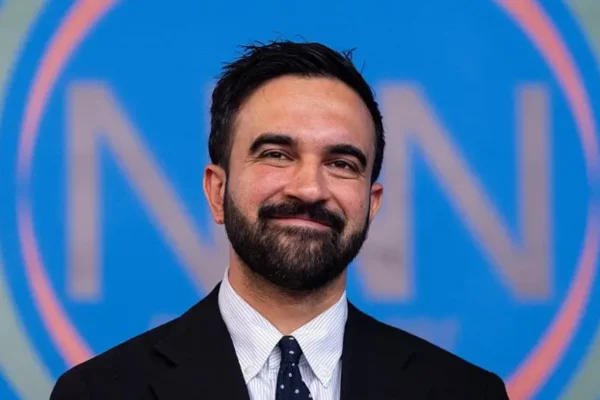
Autumn Budget 2025: What This Means For UK Muslims
26 November 2025 6 min read


Ibrahim Khan
Co-founder
3 min read
Last updated on:
Firstly, a sincere JazakAllah khayran to all our readers, commenters, and supporters. Over the last three years this portal has doubled year-on-year in traffic and is on course to hit 40k this year. We have grown into a well-visited and thriving hub for Islamic economic and financial discussions and debates – and this is in large part down to you guys and your contributions. Please do keep your comments, questions, requests, and emails coming – we genuinely enjoy engaging with your variegated and interesting situations.
Some of you may have noticed that my output over the past few months has decreased. This is as I have been studying for, and sitting my Alimiyyah exams. Alhamdulilah, I graduated last week after 6 years of ongoing study. At the end of it all though, I genuinely realise how much more there is to learn still, how little I know of the vast ocean that is Islamic knowledge, and how important it is that the learning goes on.
But now it’ll go on at my own pace, and so I will have more time to devote to producing new IFG material in the coming weeks and months!
There are two important developments you as readers need to be aware of as we move into the next phase of IFG’s journey.
I plan to embark upon a personal journey of discovery, critique, distillation, and curation of the classical Islamic law texts and cutting edge modern research relevant to the field of Islamic economics and finance. This journey is driven by the same motivation that drove the setting up of IFG in the first place: to stimulate my own learning, and to start an intelligent and sincere discussion within the British Islam about what a truly Godly financial system looks like and how a Godly person manages their personal finances.
There are things missing in Islamic discourse on economics and finance that are glaring and must be addressed head-on if we are truly to get to the bottom of what Allah wants from us in this sphere. The missing ingredients as per my preliminary review are:
5. Finally, perhaps many years from now, I can start formulating guidance on what an Islamic financial system would look like and how to get there.
That all sounds very theoretical and idealistic, but one of my key objectives will be to explore each of these topics with a firmly practical and day-to-day hat on, so that the average reader can benefit just as much as an academic.

26 November 2025 6 min read

23 September 2025 4 min read

02 July 2025 6 min read
Leave a Reply